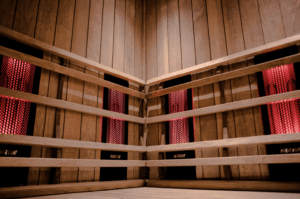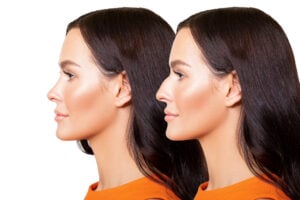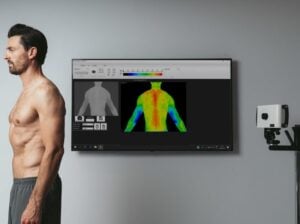You may be a stressed executive worried about heading for burnout or an experienced wellness seeker that is meticulous about lifestyle habits and using a range of therapies – but we all fall prey to the lingering doubts about health, vitality, life satisfaction, and happiness, wondering where to turn to for solutions.
The quest for optimal health and wellness is universal and timeless. Holistic therapy aims to address this quest by examining and treating the patient as a whole person, rather than dealing with illnesses or discontent as isolated incidents.
Many academic health centres now incorporate these therapies in specialized holistic therapy centres, while conducting ongoing research into the role of the therapies in the broader healthcare arena. Patients from all walks of life are opting to use the services of a life coach to guide them through setting goals, building resilience, and utilizing these therapies for optimal results. Wellness centres are now incorporating holistic therapies into their offerings.
How does holistic therapy work?
Holistic therapy assumes an integrated approach to healthcare. It takes the view that health relates to the mind, the body and the soul, so an integrated approach is holistic. An integrated holistic approach allows the person to connect to themselves on all levels and to treat the underlying causes of physical, mental or emotional disturbances.
Which symptoms do holistic therapists treat?
Many of the presenting symptoms of physical ill-health originate in stress, a lack of self-esteem and other emotional issues which, in a prolonged state, can lead to inflammation and non-communicable diseases.
Leading life coach Nick Hatter from Notting Hill in London told the Medical Travel Market that “one of the main symptoms I see in my clients is low self-esteem — a feeling of general unworthiness or not feeling good enough. People may certainly feel this more in this time of COVID-19, because the loss of a job or a relationship can cause a self-esteem collapse”.
Siobhan Murray, an expert psychotherapist, resilience, burnout and stress coach and author of the best-selling book The Burnout Solution, believes that people can reignite their self-worth, combat burnout, develop resilience and grow into their full potential. She claims holistic therapies can be used to “treat anxiety, mild depression, and stress.”
What are the main types of holistic therapies?
There are many types of holistic therapies, many of which can be used to complement each other and aim to support the client, according to Siobhan Murray. Therapies such as Acupuncture, Psychotherapy, Hypnotherapy, Meditation (mindfulness), Reiki and even Reflexology are just some holistic therapies that can be used.
“While we’ve been gripped with the uncertainty of living through a global pandemic and adhering to physical distancing regulations, some of the therapies that have increased in demand are those that can still be provided via video calls,” says Murray. “Therapies such as psychotherapy, hypnotherapy and even reiki, have been in great demand as these can be provided to clients without face-to-face contact.”
Which holistic therapies have become popular during the COVID-19 pandemic?
Hatter claims a growing number of people these days are searching for life coaching, neuro-linguistic programming (NLP), hypnotherapy and EFT (Emotional Freedom Technique).
Psychotherapy – According to Murray the COVID-19 pandemic has seen an “increase in [people] navigating emotions, such as fear and anxiety, in a way we have never had to deal with before. Being able to work through these emotions with a qualified practitioner can help people understand what they’re feeling and why we feel the way we do and can give them emotional tools to manage them.”
Life coaching – Hatter says life coaching “is about helping clients achieve the life they want to create in a solution-focused and timely manner — many celebrities have used a life coach, including Oprah, Leonardo DiCaprio and Bill Clinton”.
Neuro-linguistic programming (NLP) — a lot of life coaches (and therapists) use NLP, which is a psychological framework that explores the connections between thoughts, language and behaviour. This was created based on a modelling of the behaviour of successful psychotherapists and hypnotherapists in the 1980s.
Emotional Freedom Technique (EFT) — this is ‘psychological acupressure’, where you tap certain parts of your body and voice positive affirmations.
Hypnotherapy —involves using the power of suggestibility and your imagination to achieve the results you want and has been successfully used to treat a wide range of issues including anxiety, depression and addition to smoking. Hatter says he uses it to treat “performance anxiety with hypnotic rehearsal”.
At the beginning of the COVID-19 pandemic, Hatter says there was certainly a period of “absolute fear of investing” from his prospective clients. However, he believes that as people adjust to ‘the new normal’, more and more will start to invest in holistic therapies again as people begin to feel more financially secure.
The COVID-19 pandemic has brought with it unprecedented uncertainty as to what the future holds in the short and long-term. Concerns about the impact of the current climate on physical and mental health are on everyone’s mind, so now may be a wise time to reflect on your wellbeing and invest in a holistic healing program.














